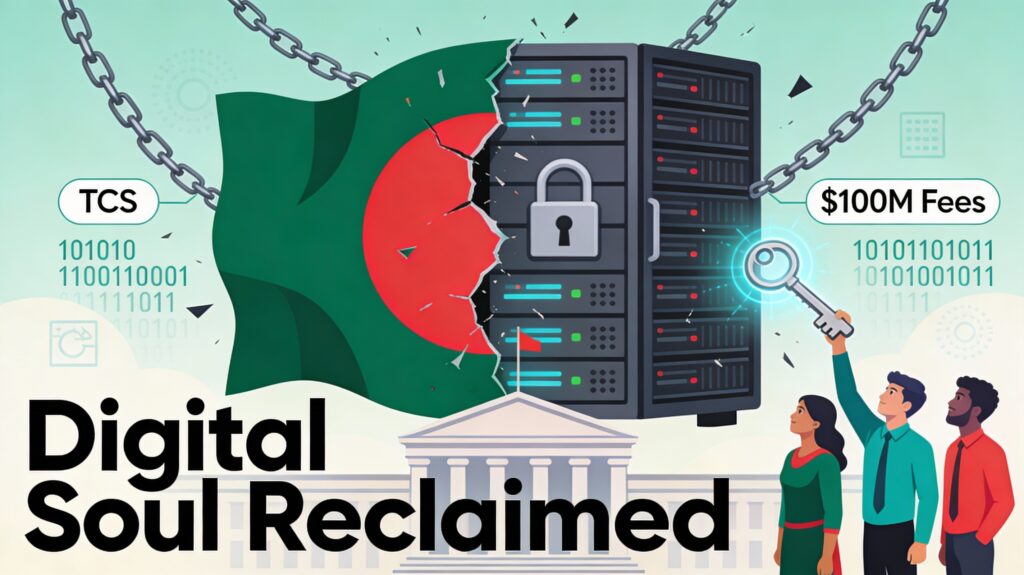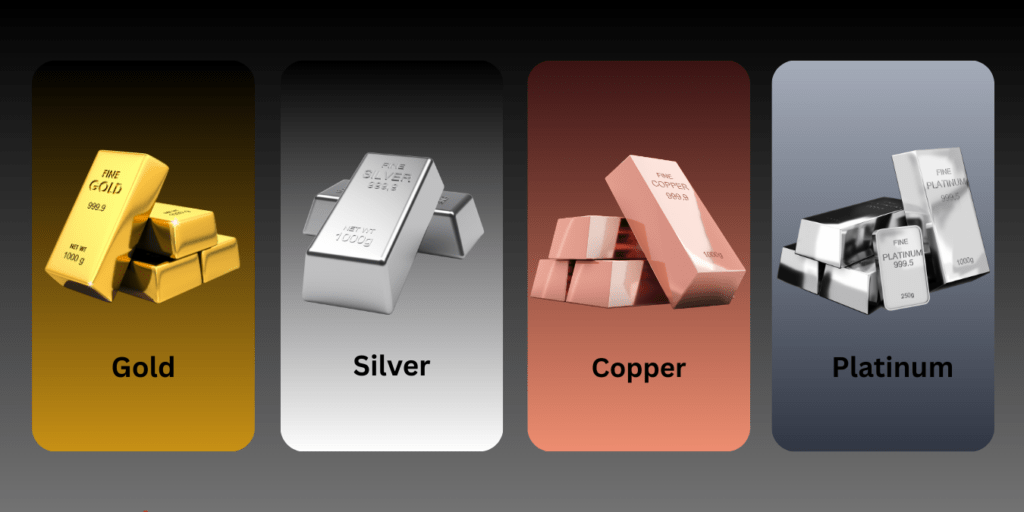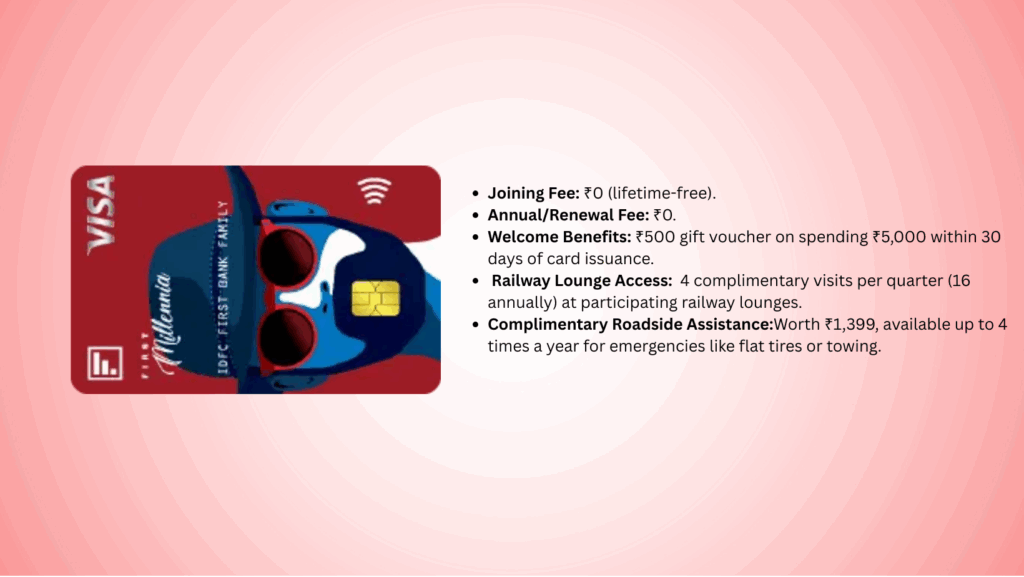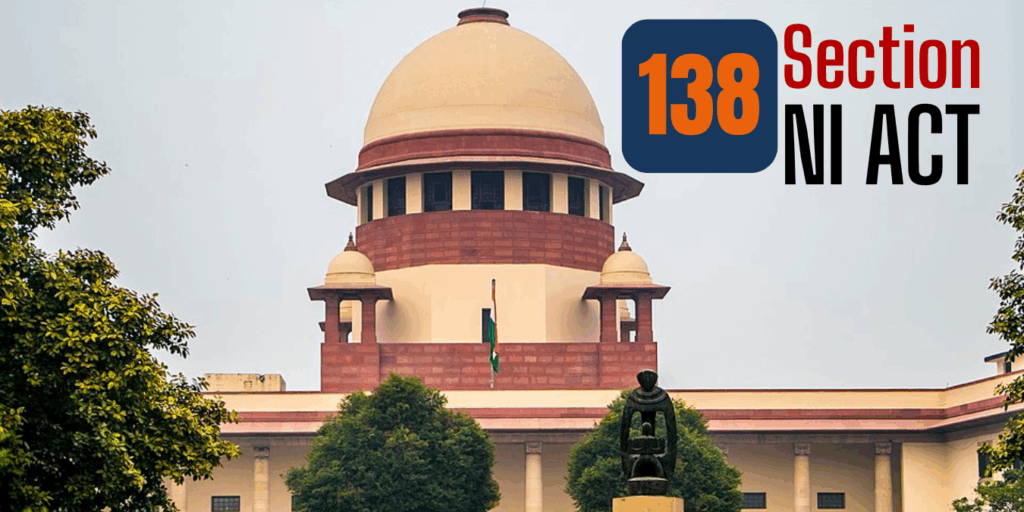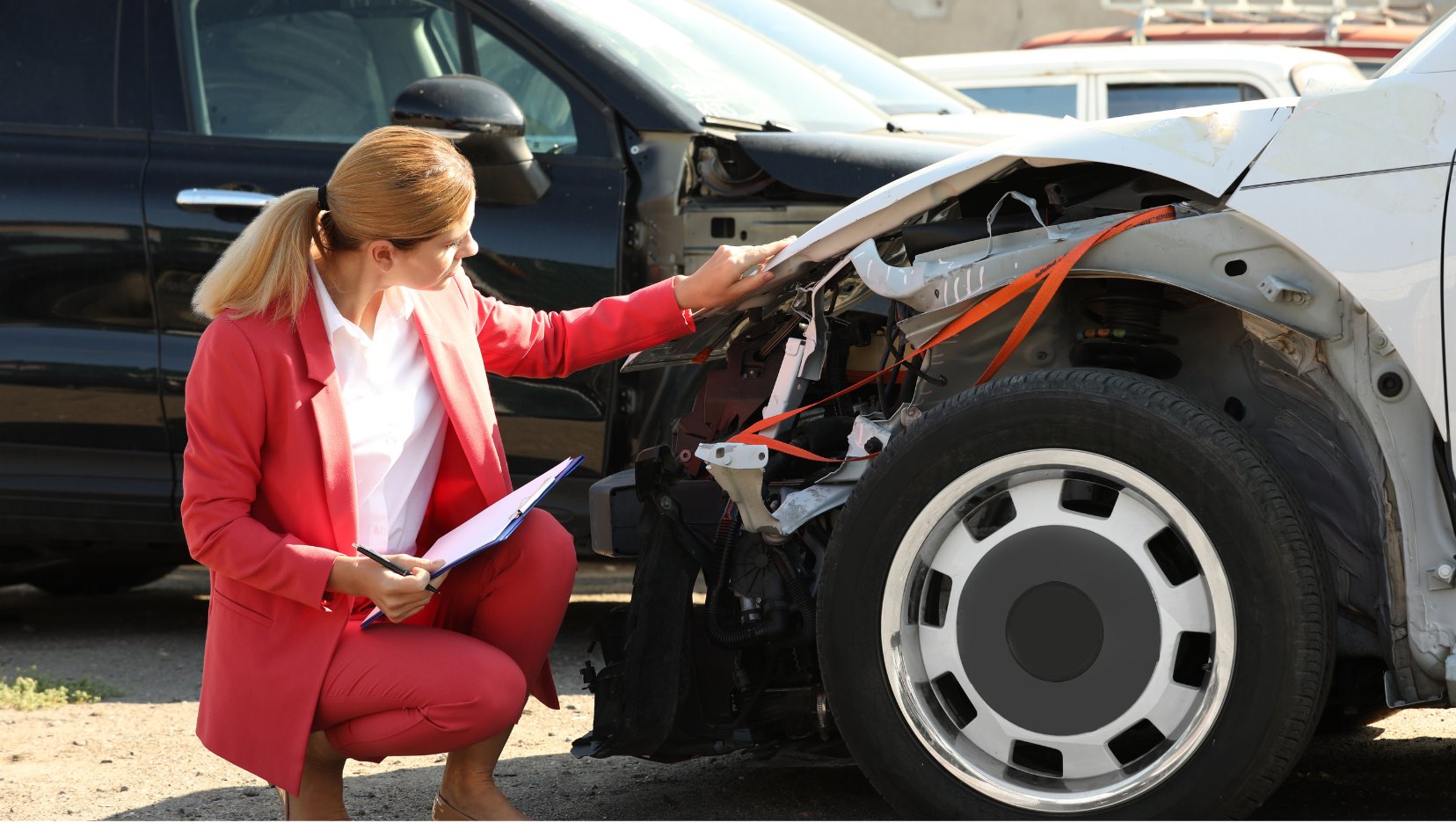
Can you challenge an insurance company’s total loss value in India and keep your totaled car? Discover expert tips to dispute unfair valuations, maximize payouts, and navigate IRDAI rules in this 2025 guide. Learn how to retain your vehicle and secure fair compensation today!
Dealing with a total loss car after an accident can be a stressful and financially challenging experience. When an insurance company declares your vehicle a “total loss,” it means the cost to repair the car exceeds a certain percentage of its Insured Declared Value (IDV), typically 75% or more. But what happens if you choose to retain your Total Loss car instead of surrendering it to the insurer? Can you challenge the insurance company’s total loss value to ensure you receive fair compensation? This comprehensive guide explores your rights, the process of challenging the total loss value, and actionable steps to maximize your settlement in India, all while incorporating the latest data and insights for 2025.
Understanding Total Loss in Car Insurance
A car is deemed a “total loss” in India when the cost of repairs surpasses 75% of the vehicle’s IDV or when the vehicle is damaged beyond repair, such as in cases of theft, severe accidents, or natural disasters like floods. The IDV is the current market value of your vehicle, calculated by deducting depreciation from the ex-showroom price plus the cost of accessories at the time of insurance purchase. For example, a car with an IDV of ₹5,00,000 that requires ₹3,75,000 or more in repairs may be declared a total loss. In such cases, the insurer typically offers a settlement based on the IDV, minus mandatory excesses and the salvage value if you choose to retain the car.
According to a 2025 report by Paybima, an Indian insurance aggregator, total loss claims have risen by 20% in urban areas due to increasing accident rates and rising repair costs. This makes understanding your options critical, especially if you believe the insurance company’s valuation is unfair or you wish to keep your vehicle for repairs or sentimental reasons.
What Happens When You Retain a Total Loss Car?
When your car is declared a total loss, the insurance company usually takes possession of the vehicle and pays you the IDV minus any deductibles. However, you may have the option to retain the total loss car, known as "owner-retained salvage." In this scenario, the insurer deducts the salvage value—the estimated value of the car in its damaged state—from the payout. This salvage value is often determined based on what the insurer could recover by selling the car to a salvage yard or at auction.
For instance, if your car’s IDV is ₹6,00,000 and the salvage value is estimated at ₹1,00,000, retaining the car could reduce your payout to ₹5,00,000, minus any additional deductibles. However, retaining the car comes with challenges, such as obtaining a salvage title, which can affect the vehicle’s marketability and insurability in the future. In India, the Regional Transport Office (RTO) must be notified, and the car’s registration certificate (RC) will be marked as a salvage vehicle, making it harder to sell or insure comprehensively.
Can You Challenge the Total Loss Value?
Yes, you can challenge the insurance company’s total loss value in India if you believe it’s unfair or undervalued. The Insurance Regulatory and Development Authority of India (IRDAI) emphasizes policyholder rights, including the ability to dispute settlements that don’t reflect the vehicle’s fair market value. Here’s how you can approach this:
Why Challenge the Total Loss Value?
- Undervaluation of IDV: Insurance companies may use outdated depreciation rates or fail to account for recent upgrades, customizations, or maintenance that increase your car’s value.
- Inaccurate Salvage Value: The salvage value may be overestimated, reducing your payout unfairly if you retain the car.
- Market Discrepancies: The insurer’s valuation may not reflect the current market rates for similar vehicles in your area.
- Sentimental Value or Repair Feasibility: If you believe the car can be repaired cost-effectively or holds personal value, you may want to challenge the total loss declaration itself.
A 2025 study by Motor Claim Guru highlights that 60% of policyholders in India receive initial total loss offers that are 10-20% below the fair market value, underscoring the importance of negotiation.
Steps to Challenge the Total Loss Value
To ensure you receive a fair settlement while retaining your total loss car, follow these steps:
1. Request the Valuation Report
Ask your insurance company for a detailed valuation report that outlines how they calculated the IDV and salvage value. This report should include:
- The sources used (e.g., industry guides, dealer quotes, or third-party valuation tools like CCCOne or Audatex).
- Details of comparable vehicles (same make, model, year, and condition) used to determine the market value.
- Any adjustments for depreciation, mileage, or pre-existing damage.
In India, insurers are required to provide transparency in their valuation process under IRDAI guidelines. If the report isn’t provided, escalate the issue to the claims supervisor.
2. Research the Market Value
Conduct your own research to determine your car’s fair market value before the accident. Use online platforms like CarDekho, ZigWheels, or OLX to find prices for similar vehicles in your city. For example, if you own a 2022 Maruti Suzuki Swift in good condition, check listings in your area to see if the insurer’s valuation aligns with current market rates.
Additionally, gather evidence of your car’s condition, such as:
- Maintenance Records: Receipts for recent servicing, repairs, or tire replacements.
- Upgrade Invoices: Proof of aftermarket accessories like alloy wheels, infotainment systems, or custom paint jobs.
- Pre-Accident Photos: Images showing the car’s condition before the damage.
3. Dispute Condition Adjustments
Insurers may reduce the payout by citing pre-existing damage, wear and tear, or high mileage. If you believe these adjustments are unfair, provide evidence to counter them. For example, if the insurer claims your car had a dent that lowered its value, submit photos or repair receipts proving otherwise. According to a 2025 article by Mighty, policyholders who challenge condition adjustments with proper documentation increase their settlement by up to 15%.
4. Get an Independent Appraisal
Hire an independent appraiser or mechanic to assess your car’s pre-accident value and repair costs. In India, certified appraisers from organizations like the Society of Indian Automobile Manufacturers (SIAM) can provide credible estimates. This appraisal can strengthen your case if it shows a higher IDV or lower salvage value than the insurer’s estimate.
5. Negotiate with the Insurer
Present your findings to the insurance adjuster, including market comparisons, maintenance records, and the independent appraisal. Be prepared for back-and-forth negotiations. If the insurer uses terms like “offer” instead of “market value,” it indicates room for negotiation, as noted by Motor Claim Guru. Highlight any discrepancies in their valuation and request a revised settlement.
6. Escalate if Necessary
If negotiations fail, you can escalate the matter through:
- Insurer’s Grievance Redressal Officer: Every insurance company in India must have a grievance cell, as mandated by IRDAI.
- IRDAI Grievance Portal: File a complaint via the IRDAI’s Integrated Grievance Management System (IGMS).
- Consumer Court: As a last resort, approach the District Consumer Disputes Redressal Commission for legal recourse.
Key Considerations When Retaining a Total Loss Car
Retaining a Total Loss car in India involves additional steps and costs:
- Salvage Title: The RTO will issue a salvage title, which may limit your ability to drive the car legally until repairs are completed and certified.
- Repair Costs: You’ll be responsible for all repair expenses, which may exceed the initial estimate if hidden damage is discovered.
- Insurance Challenges: Comprehensive coverage may not be available for a salvaged vehicle, leaving you with third-party insurance only.
- Resale Value: A salvage title significantly reduces the car’s resale value, as noted by McCready Law, with salvaged cars fetching 20-40% less than their non-salvaged counterparts.
Tips to Maximize Your Total Loss Settlement
- Act Quickly: Notify your insurer immediately after the accident to avoid delays that could lead to storage fees, which may reduce your payout.
- Document Everything: Keep records of all communications with the insurer, including emails, calls, and valuation reports.
- Consider Gap Insurance: If you owe more on your car loan than the IDV, gap insurance can cover the difference, preventing financial loss.
- Consult an Expert: Engage a car accident lawyer or public adjuster specializing in total loss claims to navigate complex cases.
Latest Data and Trends in India
- Rising Total Loss Claims: LexisNexis reports a 29% increase in total loss claims in India from 2020 to 2023, driven by higher repair costs and urban traffic density.
- Depreciation Impact: The IRDAI mandates standard depreciation rates (e.g., 15% for the first year, 20% for the second), but insurers may apply higher rates, leading to disputes.
- Electric Vehicles (EVs): With EV adoption growing, total loss claims for EVs are increasing due to expensive battery repairs, often exceeding 75% of IDV.
- Digital Tools: Platforms like Paybima and CarBrain offer online total loss calculators, helping policyholders estimate their car’s value before negotiations.
Final Thought
Challenging an insurance company’s total loss value in India is not only possible but often necessary to secure a fair settlement, especially if you choose to retain your total loss car. By requesting a valuation report, researching market values, disputing unfair adjustments, and seeking independent appraisals, you can strengthen your case. The process requires persistence, documentation, and a clear understanding of your rights under IRDAI regulations. With total loss claims on the rise in 2025, being proactive and informed is crucial to avoid being short-changed.
If you’re facing a total loss claim and need guidance, consult a professional or use online tools to estimate your car’s value. Have you successfully challenged a total loss valuation? Share your experience in the comments below, or contact a car accident attorney for personalized advice.









